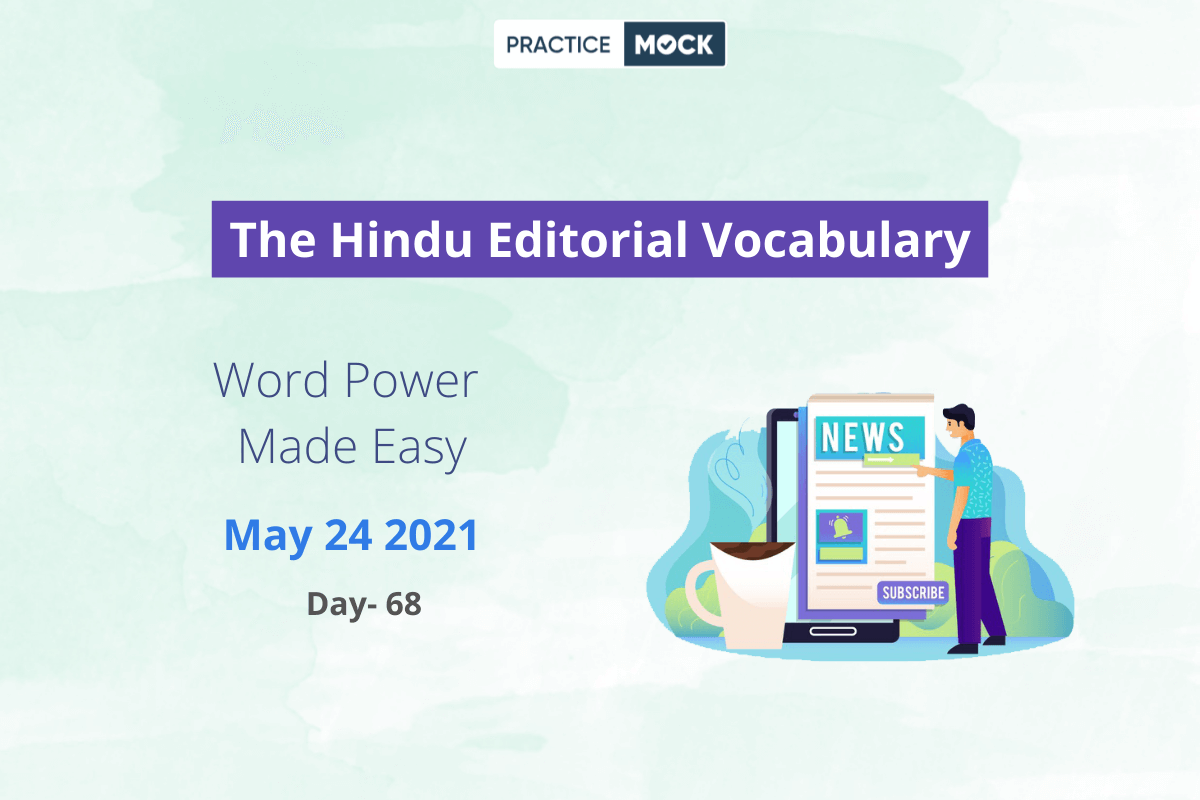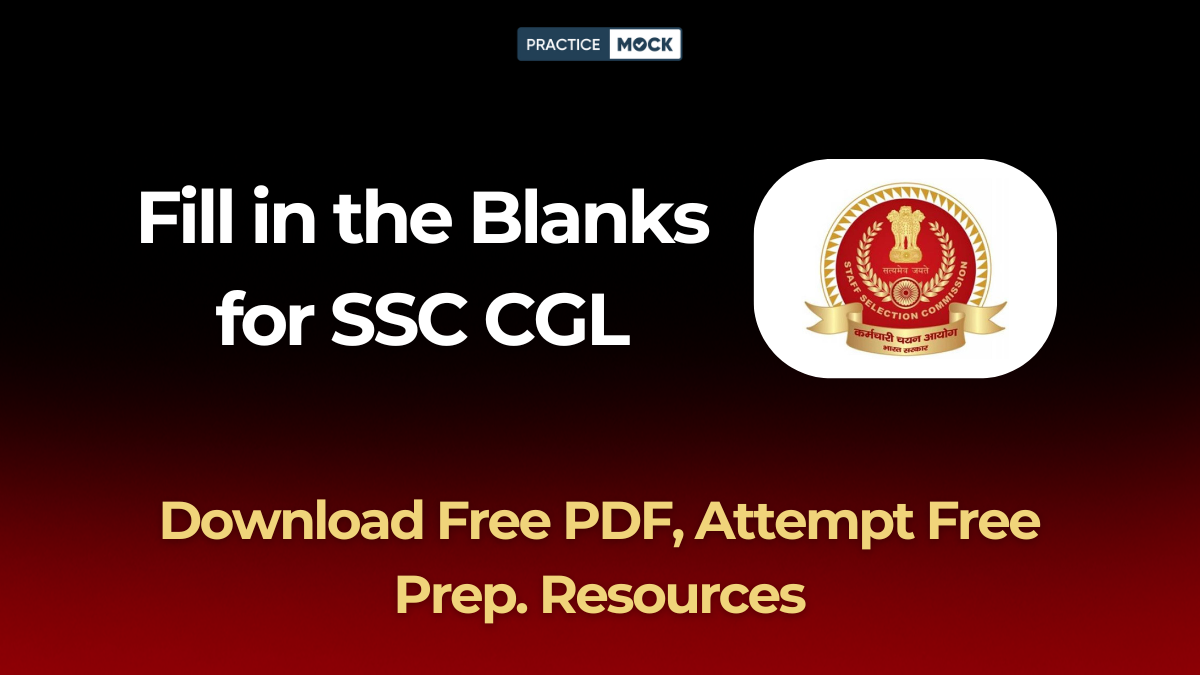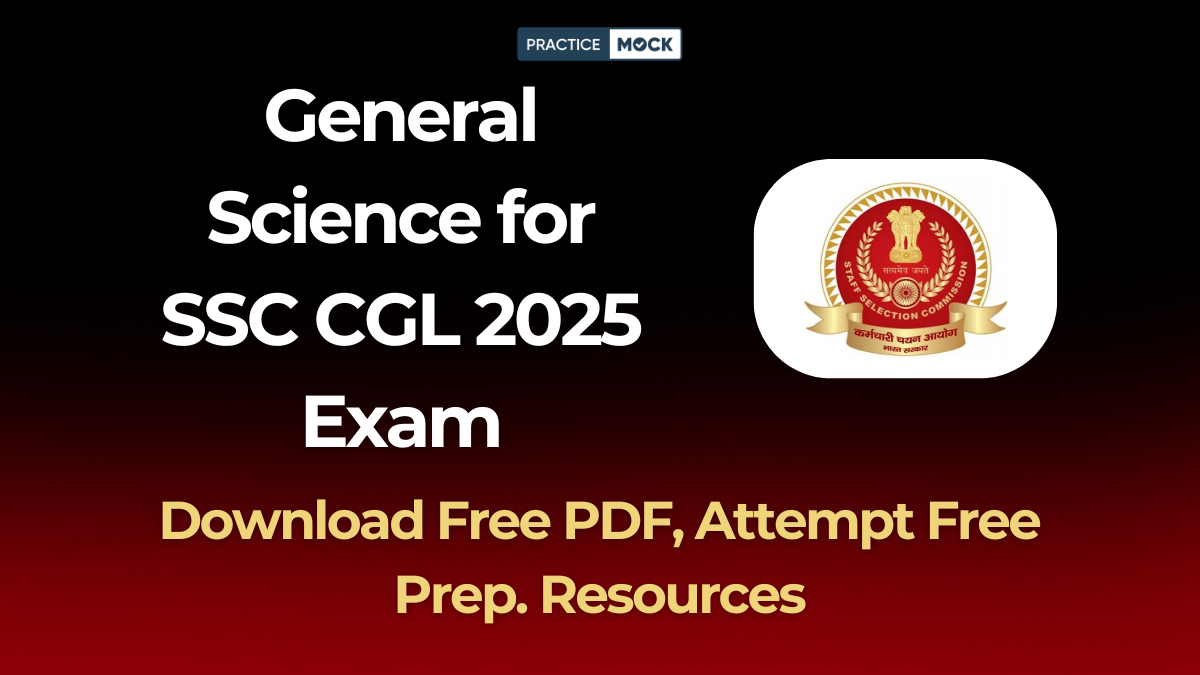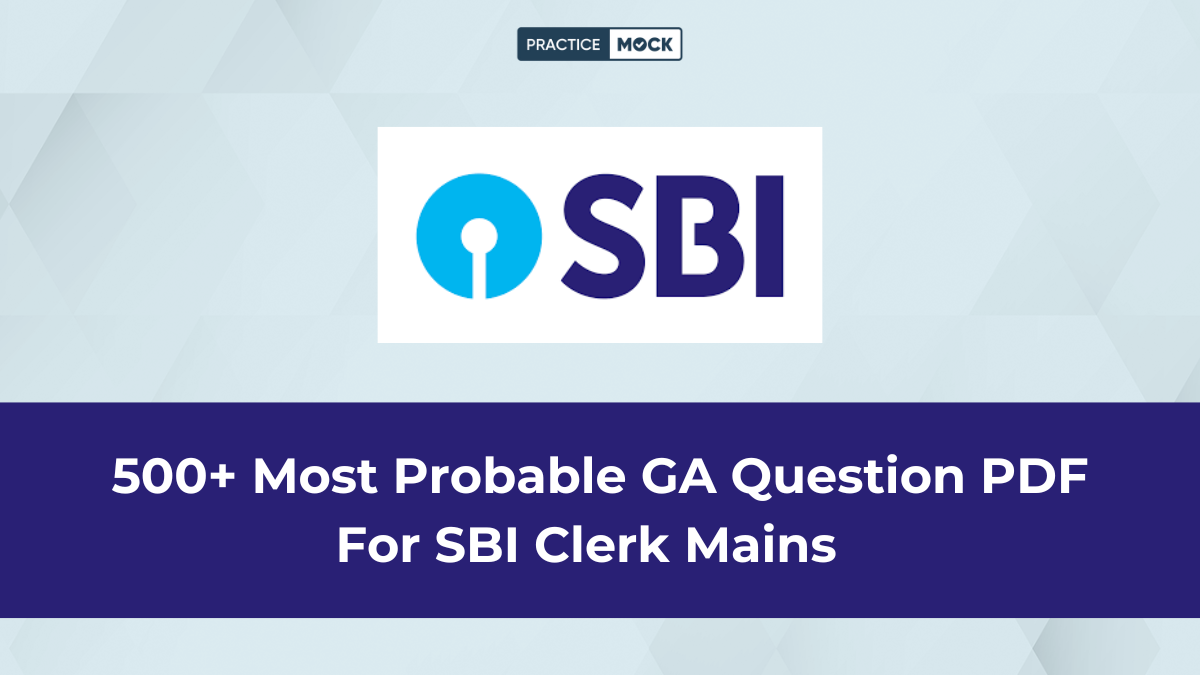

We hope that these editorial articles are helping you in your exam preparation. This series of Editorials’ Difficult Words will help you to understand the editorials of The Hindu in a better way. Today we have come up with the explanation of difficult words/phrases of the below editorial. Have a look and update your word power & general awareness by going through this editorial.
| Difficult Word | Contextual Sense |
| Functionary | a person who has to perform official functions or duties; an official |
| Legal leg to stand on | If you say that someone does not have a leg to stand on, or hasn’t got a leg to stand on, you mean that a statement or claim they have made cannot be justified or proved |
| Go any length | If you say that someone goes to great lengths to achieve something, you mean that they try very hard and perhaps do extreme things in order to achieve it |
| Tarnish | to make people think that someone or something is less good |
| Disparage | regard or represent as being of little worth |
| Forge | copied fraudulently; fake |
| Propagandist | a person who promotes or publicizes a particular organization or cause |
| Baffling | impossible to understand |
| Arbitrary | based on random choice or personal whim, rather than any reason or system |
| Intimidate | frighten or overawe (someone), especially in order to make them do what one wants |
Character challenge: On GoI’s directive to Twitter
The Centre’s directive to Twitter to remove ‘manipulated media’ tag on posts is illegal
The Government of India’s directive to microblogging platform Twitter that it remove the label ‘manipulated media’ from certain posts shared by functionaries (a person who has to perform official functions or duties; an official) of the Bharatiya Janata Party (BJP), including Union Ministers, has no legal leg to stand on (If you say that someone does not have a leg to stand on, or hasn’t got a leg to stand on, you mean that a statement or claim they have made cannot be justified or proved). But it reveals that the Government of India is willing to go to any lengths (If you say that someone goes to great lengths to achieve something, you mean that they try very hard and perhaps do extreme things in order to achieve it) to empower BJP functionaries to tarnish (to make people think that someone or something is less good) political opponents and misinform the public. The BJP functionaries circulated on Twitter what they called a ‘toolkit’ prepared by the Congress to disparage (regard or represent as being of little worth) the government. The Congress has filed a police complaint that the BJP functionaries forged a document that does not exist. It has also written to Twitter to permanently suspend the accounts of those who circulated the forged (copied fraudulently; fake) documents. There is indeed a document that the Congress prepared on the opportunity costs of the Central Vista project for its internal use. The one circulated by the BJP leaders included additional pages on COVID-19. The BJP has failed to provide the digital footprint, or the copies, of what it calls the COVID-19 toolkit. There is no evidence that the Congress has done anything in the toolkit which was supposedly prepared in May; but the toolkit proposes courses of action that have already happened in April, an analysis by fact-checking platform AltNews has revealed. Toolkits are meant to be about coordinating future actions on social media, and not cataloguing past events. When challenged on facts, a BJP propagandist (a person who promotes or publicizes a particular organization or cause) revealed the identity of a woman who was involved in the Central Vista research, leading to her bullying by cyber mobs.
Twitter has not complied with the Centre’s directive, and at least six handles of BJP functionaries now have posts with the tag ‘manipulated media’. The reasoning behind the directive, in the absence of any legal provision to cite, by the Government of India is baffling (impossible to understand). It has argued that the labelling was a “prejudged, prejudiced and a deliberate attempt to colour the investigation by local law enforcement agency”. By this metric, a private company must allow what it has determined as problematic content, until a state agency concurs. Twitter has a publicised policy that it may label tweets that include media that have been deceptively altered or fabricated. It could use its own mechanism or use third party services to make that determination. Twitter is a private entity whose relationship with users is guided by its terms of services. The IT Act that empowers the government to regulate content does not give it the power to order the removal of a label. Additionally, the government move raises serious concerns regarding arbitrary (based on random choice or personal whim, rather than any reason or system) censorship and transparency. The Centre’s desperation to control any discussion on its failures, and shift the focus on to the Opposition is leading to such situations that embarrass a democracy. Rather than intimidate (frighten or overawe (someone), especially in order to make them do what one wants) a private company, the BJP and the Centre should discipline its functionaries into more civility and truthfulness in their engagement with critics.
Hope you got to know some new words/phrases which will definitely be useful in the English section of upcoming competitive exams. Wishing you all the best for your preparation!
Want to improve your vocabulary further? Download the Lists of Word-Meanings of Previous Months here.
Recent Posts
RRB JE CBT 2 Free Mock Test Challenge, Download Free PYQs
In this blog, we have provided the RRB JE CBT 2 Free Mock Test Challenge…
SBI PO Exam Analysis 2025, Shift 1st, 2nd, 3rd, 4th For Prelims Exam
Here we are providing the SBI PO Exam Analysis 2025. candidates can check the 8th…
Expected Cut Off for SBI Clerk 2025, For Prelims and Mains Exam
Here in this article we are providing the SBI Clerk Expected Cut Off 2025, Candidates…
IDBI Junior Assistant Manager Admit Card 2025 Out : Check Steps to Download
In this article, we have discussed steps to download the IDBI Junior Assistant Manager Admit…
Can An Average Student Crack SSC CGL?
In this blog, we have provided the strategy and tips on how can an average…
SSC CGL English Questions, Free Practice Test, Solve Topic Tests, Get Free PYQs
In this blog, we have provided the SSC CGL English Questions in form of quizzes…



